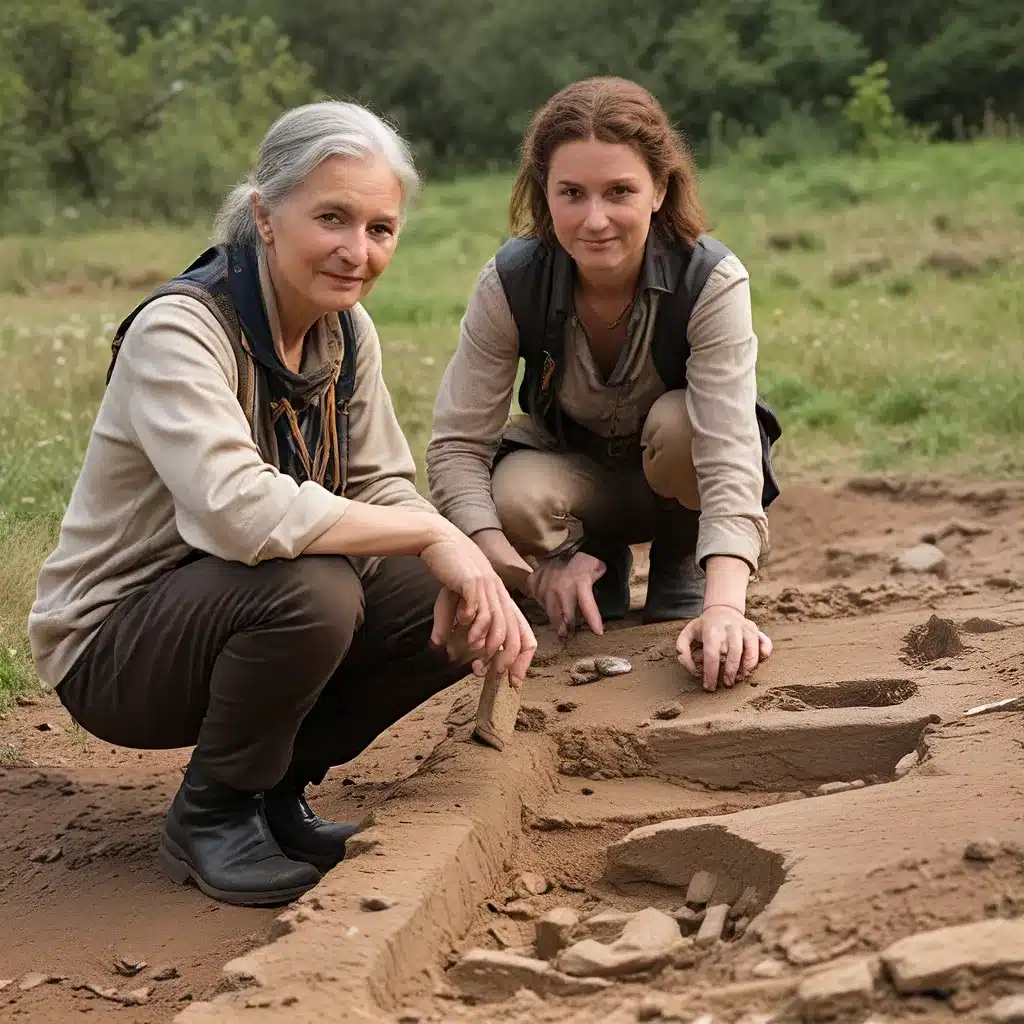
The field of archaeology has long been captivated by the mysteries of the past, with countless individuals dedicating their lives to uncovering the secrets hidden beneath the soil. Among these trailblazers, a select few have emerged as true pioneers, their work reshaping our understanding of ancient civilizations and human evolution. In this article, we will explore the groundbreaking contributions of three such individuals: Franz Boas, Claude Lévi-Strauss, and the dynamic husband-and-wife team, Mary and Louis Leakey.
Franz Boas: The Father of Modern Anthropology
Franz Boas (1858-1942) was a German-born anthropologist whose work in the United States would earn him the title of “the father of modern anthropology.” Boas was a trailblazer in championing the concept of cultural relativism, the idea that each culture should be understood in its own unique context, devoid of ethnocentrism. This revolutionary approach challenged the dominant view of the time, which often judged other cultures based on the standards of Western society.
Boas emphasized the importance of rigorous empirical research, advocating for anthropologists to immerse themselves in the societies they studied. This laid the foundation for the ethnographic method, which has become a cornerstone of anthropological research. Boas’s dedication to mentoring and teaching also left a lasting impact, as many of his students, such as Ruth Benedict and Margaret Mead, went on to become influential anthropologists in their own right.
Boas’s approach to anthropology, emphasizing both fieldwork and cultural relativism, profoundly shaped the development of the discipline. His ideas continue to influence anthropologists today, as they strive to understand the diversity of human cultures and societies without the bias of ethnocentrism.
Claude Lévi-Strauss and the Structuralist Approach
Another pioneering figure in the field of anthropology was Claude Lévi-Strauss (1908-2009), a French anthropologist who introduced the concept of structuralism to the discipline. Lévi-Strauss’s work focused on the underlying structures and patterns that shape human cultures, challenging the traditional anthropological approaches.
Through his structuralist framework, Lévi-Strauss believed that by analyzing the deep-rooted patterns and structures underlying cultural phenomena, such as myths, kinship systems, and rituals, anthropologists could gain a deeper understanding of the human experience. This approach encouraged anthropologists to explore the deeper layers of cultural meaning and symbolism, rather than simply describing the surface-level observations.
Lévi-Strauss’s ideas had a profound and lasting impact on anthropology, as well as on other fields such as linguistics, sociology, and literary theory. While his work faced criticism from some quarters, it undoubtedly pushed the boundaries of anthropological thought and inspired subsequent generations of scholars to delve deeper into the complexities of human culture.
The Leakey Legacy: Revolutionizing Paleoanthropology
The final trailblazers we will explore are the husband-and-wife team of Mary and Louis Leakey, whose groundbreaking discoveries in paleoanthropology have revolutionized our understanding of human origins.
The Leakeys conducted extensive fieldwork in East Africa, where they unearthed fossils that provided crucial evidence for human evolution. Louis Leakey’s discovery of Homo habilis and Mary Leakey’s findings, including the Laetoli footprints, have significantly advanced our knowledge of early hominins.
The Leakey family’s legacy continues through the Leakey Foundation, which supports research in human evolution and primatology. Their discoveries not only expanded our understanding of human origins but also inspired subsequent generations of paleoanthropologists to continue exploring the mysteries of our past.
The contributions of these three pioneers – Franz Boas, Claude Lévi-Strauss, and the Leakey family – have left an indelible mark on the field of anthropology and archaeology. Their work has challenged traditional assumptions, pushed the boundaries of academic thought, and shed new light on the rich tapestry of human history.
As we continue to explore the past and uncover new insights, the legacies of these trailblazers will undoubtedly continue to guide and inspire future generations of scholars and enthusiasts alike. By understanding the foundations laid by these pioneering minds, we can better appreciate the ongoing journey of discovery that is the study of ancient civilizations and the evolution of humanity.
To learn more about the fascinating world of archaeology and ancient history, be sure to visit The Lost Kingdoms, a website dedicated to exploring the mysteries of the past.


